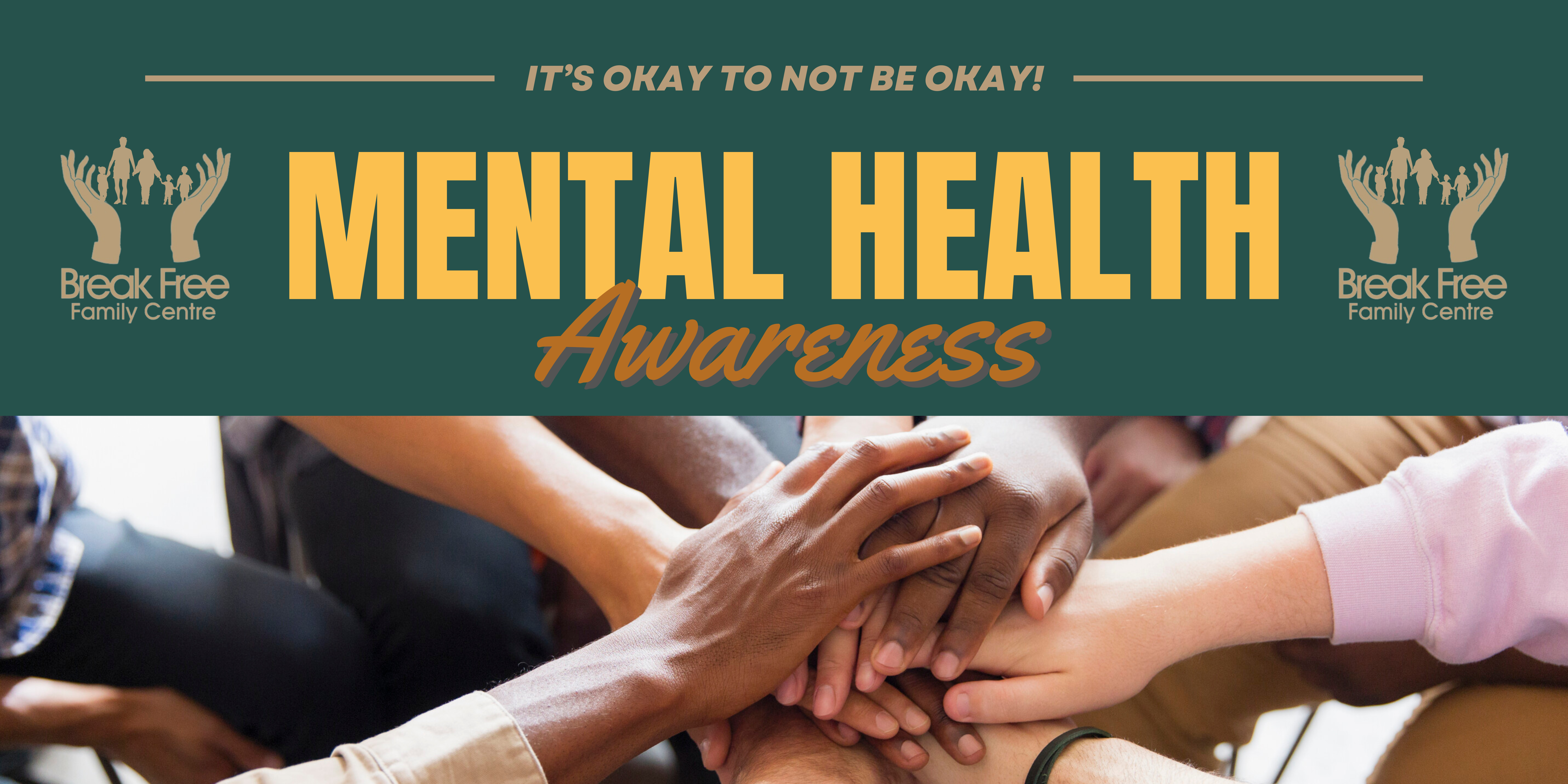
The mental well-being of every individual is a critical priority. It demands continuous vigilance to sustain overall health. Grasping and tackling our mental health is crucial for its enhancement and our personal development. The spectrum of mental health challenges is as varied as the individuals experiencing them, influenced by the distinct paths we tread in life. The pursuit of mental wellness is a journey laden with hurdles and triumphs alike.
Mental health refers to our psychological and emotional well-being, acting as the bedrock for a life filled with fulfillment and peak health. Ignoring mental health issues can result in both psychological and physical health problems, highlighting its integral role in our general wellness. Nurturing positive mental health provides people with the strength to appreciate the beauty in life and to handle its adversities. Various factors, including family dynamics, loss, economic status, and job conditions, play a significant role in shaping mental health outcomes.
The mental health of Black individuals demands urgent attention due to distinct challenges rooted in historical and systemic issues within Black communities. These challenges create significant obstacles to obtaining effective support and care, leading to stigma and a hesitancy to seek assistance. Cultural hurdles, skepticism towards healthcare systems, and a lack of culturally sensitive care further widen mental health disparities.
To enhance Black mental health, it is vital to build supportive communities and nurture resilience. This includes creating environments where open conversations about mental health can occur, developing peer support networks, and empowering individuals and communities to voice their mental health needs.
My engagement with mental health began with a health crisis, which heightened my anxiety and concern for my family and me. This ordeal emphasized the importance of recognizing and confronting the complex identities that influence our mental health experiences. Acknowledging the significance of trauma, whether personal or collective, is key to supporting Black mental health. Trauma-informed care focuses on ensuring safety, building trust, promoting collaboration, empowering individuals, and embracing cultural humility.
Reaching out to a social worker opened doors to a broad spectrum of supportive services and resources, specifically catered to my mental health needs. This highlights the importance of comprehensive and inclusive support networks in advancing the welfare of Black individuals and communities.
As we strive for a brighter future for our community, I urge you to act upon experiencing unfamiliar emotions, heightened anxiety, or depression. Initiating support, spreading awareness, and engaging in self-care are vital steps towards nurturing a healthy community. Contact Break Free Family Centre for details on individual, family, or group counseling at breakfreefamily.org, and explore available hotlines, websites, or local mental health services.
At Break Free Family Centre, our commitment to aiding the youth on their path to mental wellness is unwavering. In our dedication, we aim to highlight effective ways to support loved ones in their mental health journeys.
Comprehending mental health is the foundation for providing meaningful assistance. The World Health Organization defines mental health as a state of well-being that empowers individuals to handle life’s stresses, realize their potential, and contribute to their community.
Practically, this could manifest as Jeremiah managing his daily routine without feeling overwhelmed, or Nicole being emotionally stable enough to support her best friend through difficult times. When people are mentally struggling, they may have difficulty performing typical activities or behaving as their usual selves.
Currently, numerous individuals face mental health challenges due to a variety of reasons, ranging from daily stress to more complex issues like trauma and mental disorders. These difficulties are often hidden, exacerbated by the stigma surrounding mental health, making individuals feel isolated and misunderstood.
Since coping mechanisms and responses to treatment vary widely, there is no universal solution. Providing support necessitates empathy and comprehension. Uttering phrases like “hang in there” might provide comfort to some but could seem dismissive to others. The most effective support often involves asking how you can assist them. Proposing activities like exercising, engaging in new hobbies, practicing deep breathing, or enjoying positive social interactions can be beneficial for mental health.
Encouraging loved ones to seek professional help when necessary is also essential. Assuring them that seeking support is a sign of strength and continuing to offer the same level of respect and care, can make a significant difference.
This Mental Health Awareness Month let’s create a supportive environment where everyone feels encouraged to seek the help they need, and where supporters are well-informed on how to offer help.
Resources https://www.betherecertificate.org